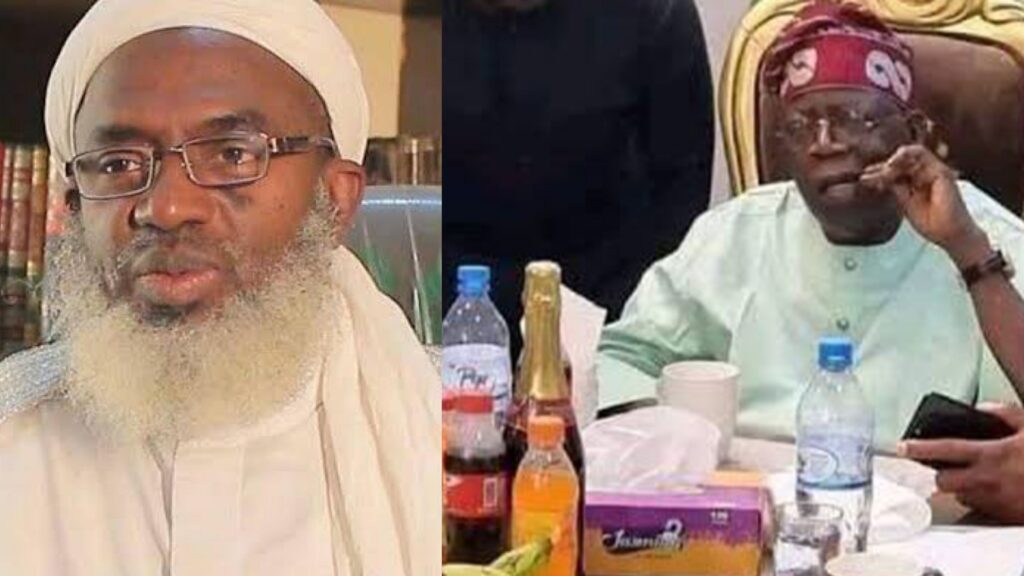
Matthew Onocheta
A Nigerian controversial Islamic cleric, Sheik Dr. Ahmad Gumi has urged Nigerians to engage in peaceful protests as a means of conveying their grievances to the government, noting that protests are a crucial tool for driving change.
Gumi, in a video, emphasised the importance of peaceful demonstrations while cautioning against the use of violence or incitement.
“Politicians are very stubborn, it is mass protests that only disturb them,” the controversial cleric said.
Addressing concerns over comparisons with past protests in countries like Sudan, Lebanon, and Liberia, Sheik Gumi highlighted Nigeria’s unique diversity.
“In Sudan and Liberia, the conflicts were like family feuds, which are very dangerous. But Nigeria is different, with diverse ethnicities, religions, cultures, tribes, and sects,” he explained, noting internal tensions even within religious sects like the Izala in Nigeria.
Sheik Gumi expressed optimism that peaceful protests would convey the public’s demand for good governance and development.
“Protest is the only language the government understands,” he asserted, urging authorities to heed the calls for reform and improvement.
Highlighting past political actions, Sheik Gumi criticised the government’s response to protests, contrasting it with previous protests led by current officials.
“In 2015, Muhammadu Buhari and other top All Progressives Congress (APC) officials came out to protest that the previous government had spoiled Nigeria. Then, protest was legal but now it’s illegal,” he pointed out, lamenting the inconsistency in how protests are viewed and treated in the West African country.
“God willing, the protest will proceed peacefully, and the government must understand and respond positively to the language of protest,” Sheik Gumi added, calling for constructive dialogue and meaningful reforms for the benefit of all Nigerians.
Gumi’s comments coincide with growing discontent in northern Nigeria, where some folks are planning protests to voice their concerns about the economic situation, including rising inflation and poverty, under President Tinubu’s administration.
The protests are expected to happen in other parts of the country, but residents and leaders of the south-eastern region, inhabited by the Igbo tribe – have made it clear that they are not going to be part of the mass action.
Nigeria is currently experiencing its worst economic crisis in a generation, leading to widespread hardship and anger.
A litre of premium motor spirit (PMS), also called petrol costs more than three times what it did early 2023, while the price of the staple food, rice, has more than doubled in the past year.
These two figures highlight the difficulties that many Nigerians are facing as wages have not kept up with the rising cost of living.
Like many nations, Nigeria has experienced economic shocks from beyond its shores in recent years, but there are also issues specific to the country, partly driven by the reforms introduced by President Bola Tinubu when he took office last year’s May.
KOIKI Media bringing the world 🌎 closer to your door step
